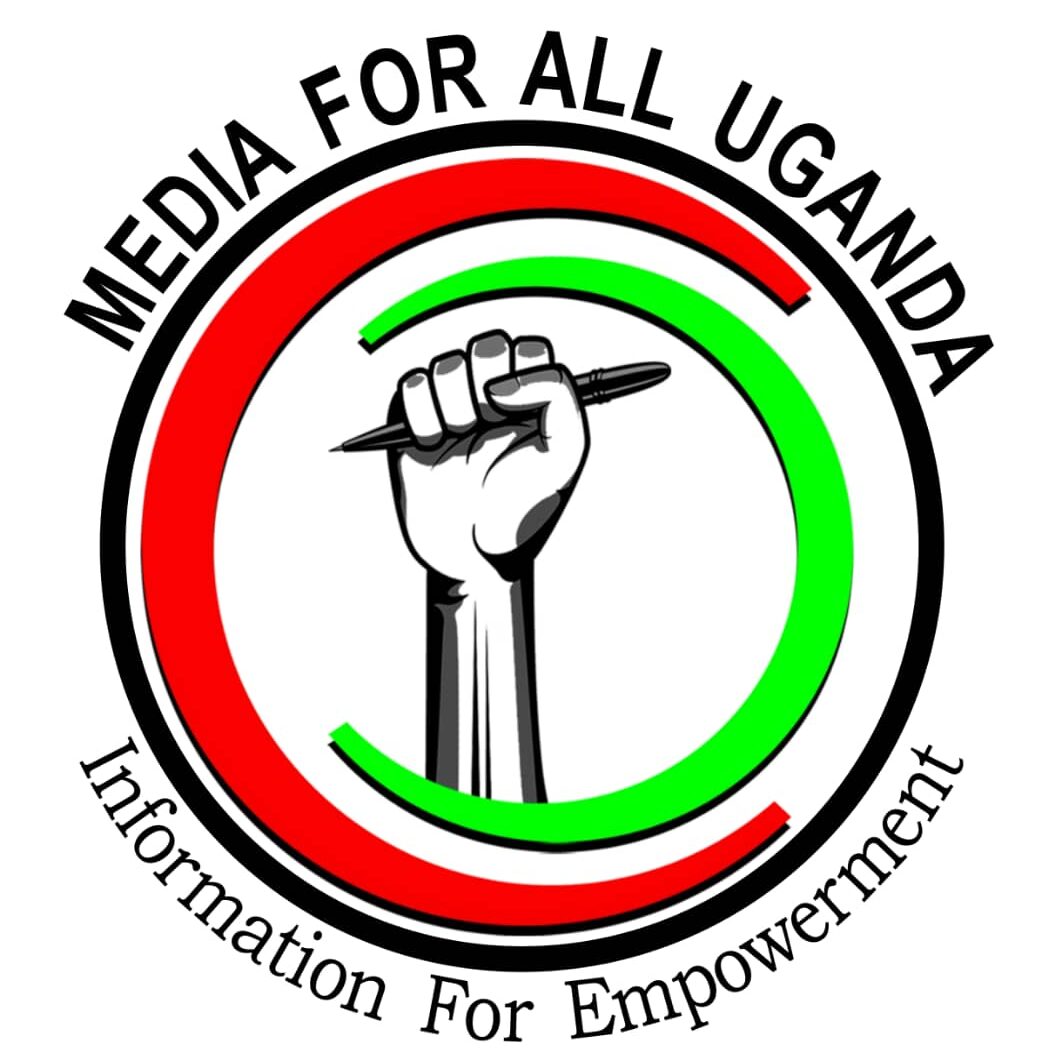ENDING GBV IS A COMMUNUAL RESPONSIBILITY.
By Doreen Bazio,
It is about 9:10 am when we arrive in Oliji Refugee Settlement which is a 15-minute drive from Adjumani Town. The situation in our destined home brings both pain and joy. I find Sabina, a resident of this settlement having breakfast with her 3 daughters and 5 grandchildren. They are having a mixture of beans and maize commonly/locally known as; ‘Anyoi’.
Anyone could tell that this might be the most important and affordable meal for this family. Maybe even as a routine. More than just a woman struggling to fend for her family, Sabina presents herself as a courageous woman when she later tells me a story of bravery and passionate motherhood.
In 2013, the civil war in South Sudan forced Sabina to leave the youngest country on the continent after she abruptly became a widow. This is how she was inherited by a Hajji (moslem man with many wives) relative of her husband. Little did she know that this marriage too wouldn’t last.
Although he was an alcoholic and irresponsible husband, Sabina was willing to stay with him for the sake of marriage but only if he would stop beating her. But this never stopped. The disagreement that consequently always led to the fights was about intimacy. Sabina had a chronic illness and doctors had advised her to tread carefully when it comes to conjugal rights. Sabina had 3 children with her first husband and 2 with the second.
When Sabina couldn’t take the beatings anymore, she decided to leave her husband in Alere Refugee Settlement in another Sub County where they had first been resettled when they came to Uganda. She moved on along with her teenage daughters.
This decision however came with far-reaching implications as she later found it so hard to afford school fees. This meant that her daughters would spend a bigger part of their time at home and thus conceiving was inevitable. But this condition equally took a toll on her, she lost her self-esteem and confidence.
However, this recently changed after attending sessions conducted by EMESCO through Gender Promoters. EMESCO has reached out to about 5,000 persons of concern on messages about Gender Based Violence through 100 trained Gender Promoters.
From these sessions, Sabina has regained her confidence and self-esteem. This was unlike before when she used to live a miserable life out of self-pity due to the domestic abuse she was going through. Sabina says she is now empowered and feels better because of the advice she received from the sessions.
Sabina also says that because these sessions are done jointly, the community now feels responsible for uplifting and protecting survivors of Gender-Based Violence. This motivation has helped Sabina start life all over again by doing odd jobs so that her extended family can survive.
Sabina now hopes that she will thrive and look after her family with the support of her community which she feels understands her better. This is how gender promoters are ensuring that protecting of especially women against GBV is a communal rather than a personal responsibility.
END.
